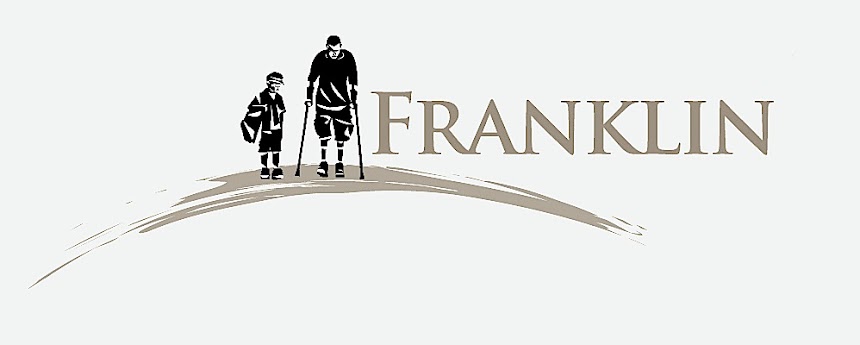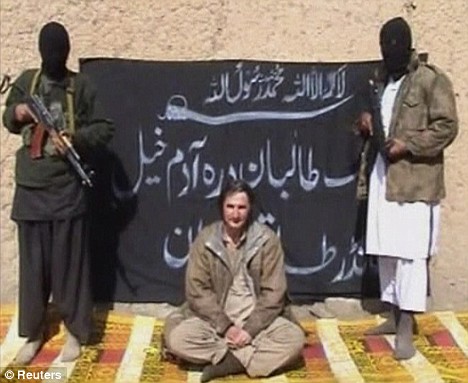Always good to hear a story of the boys and girls in action...
MA'SUM GHAR, Afghanistan - The all-terrain vehicle kicks up a cloud of dust as the Canadian soldiers rush down the dirt road, their human cargo sprawled on stretchers strapped to the front.
Another two casualties of the interminable Afghan war, brought to the front gate of a forward operating base near the town of Bazar-e Panjwaii for treatment at the small make-shift clinic on the side of a hill.
Without a proper hospital for miles around, the best hope for injured Afghans rests with a Canadian team stationed here, which is why the two men ended up at the base gate on Thursday.
They had been helping supply security for a construction project on a road between Bazar-e Panjwaii and a tiny Canadian outpost a few kilometres to the south — a road Canadian soldiers travel frequently.
"There's been an IED hit on the road," says Maj. Frederic Pruneault, commander of Airborne Company at Ma'sum Ghar.
"They were private security contractors who were working to make this road better."
While one of the injured only received cuts to his face, the other man is obviously in bad shape.
He is semi-conscious with a serious chest wound. His lung has collapsed. His arm is broken, the tip of a finger gone. Shrapnel wounds pepper much of his body.
Within seconds, the Canadians led by Warrant Officer Yves Martin, a physician assistant, have unloaded him from the ATV and begin stabilizing, life-saving treatment.
They strip him down and cover him with a foil blanket for warmth — his protruding, bloodied feet quiver occasionally — before setting about getting his breathing normalized and his damaged arm and hand bandaged.
About a half-dozen people work on the man, while others tend to his colleague, laid out on another stretcher-table a few feet away. The quarters are cramped and rudimentary, but no one seems to get in anyone's way as they quickly, efficiently tend to the task at hand.
"His lung is busted (and) we need to do an incision and put in a tube that lets the excess pressure out," Martin explains.
"As soon as I opened him up, I could hear the gurgling."
Outside, in the hot sunshine, an anxious colleague wearing a black protective vest sits and waits, concern obvious on his face.
It's not known who planted the roadside bomb, but given the more difficult task of attacking well armoured Canadians, insurgents have been going after "soft targets" — like Afghan police or security guards, Pruneault says.
Besides Martin and another permanent staffer qualified in advanced trauma life support, the Canadian team at the Unit Medical Station also comprises an ambulance crew with a medic, along with a driver who is a nurse in civilian life.
"We're well prepared," Martin says.
The unit mainly treats Afghan nationals brought to the base gate because Canadian or other coalition casualties, if serious, are flown straight to the large, modern hospital at Kandahar Airfield.
Besides bomb strikes, the team sees gunshot wounds — including one recent case where Canadian soldiers shot an Afghan truck driver who did not stop when commanded. It turned out he had no brakes.
With both men patched up and stabilized as far they can be, they are again mounted on stretchers, strapped to the front of the ATV painted in military brown with a red cross on the front and driven back down the dirt road to a heli-pad.
The requested medevac chopper roars in for a landing, the two patients are loaded up, and they whirl away to a hospital at Camp Hero, an Afghan National Army base near Kandahar Airfield.
Just another day in Afghanistan. Two more casualties.
"He was pretty banged up but it could have been worse," Martin says of the more critically injured man.
"With the care he received here, we're not worried for his life."





